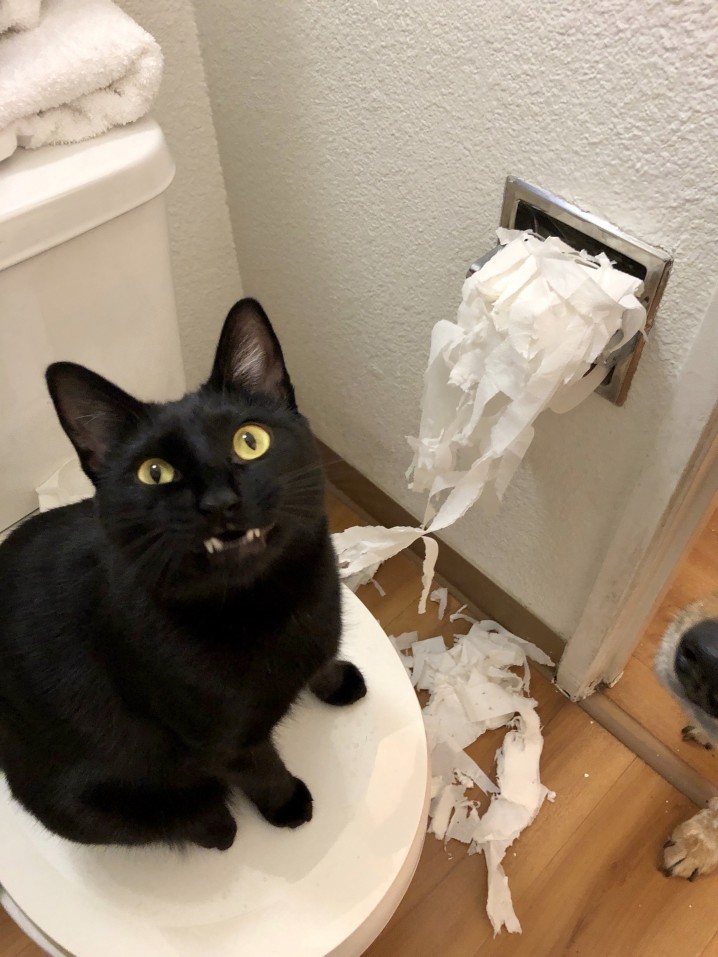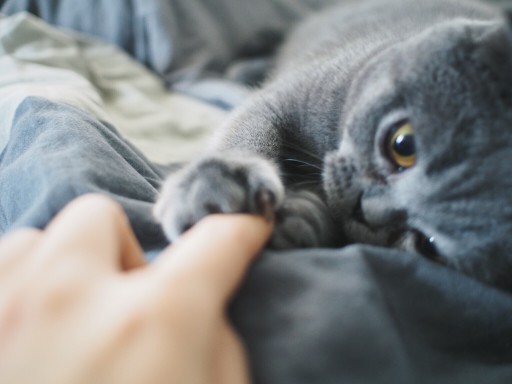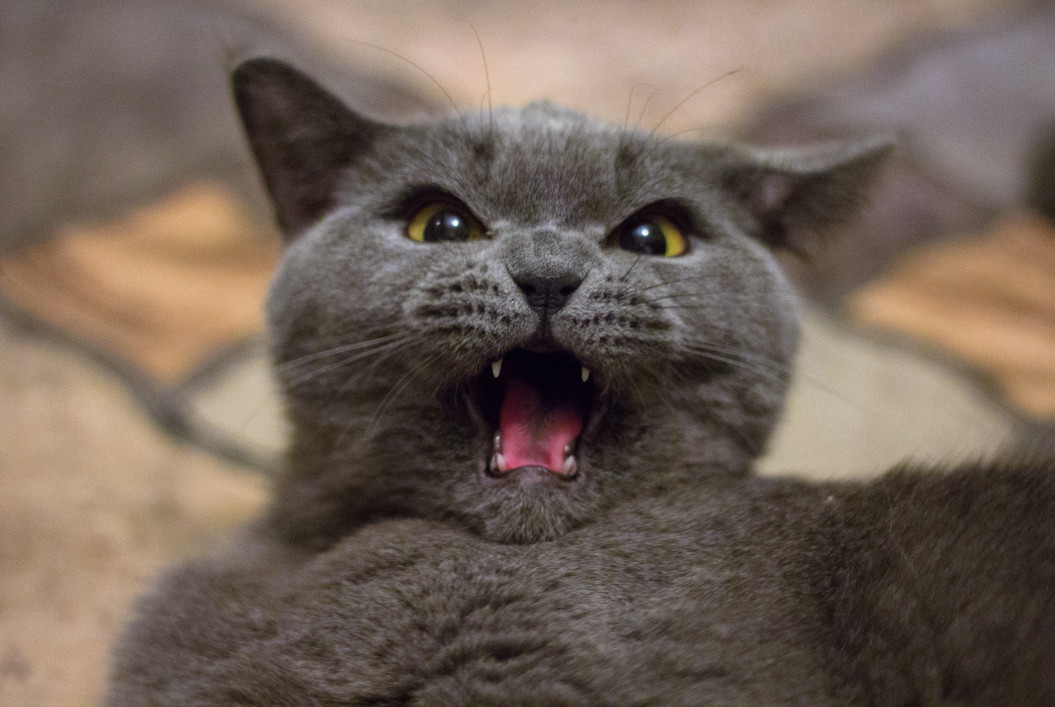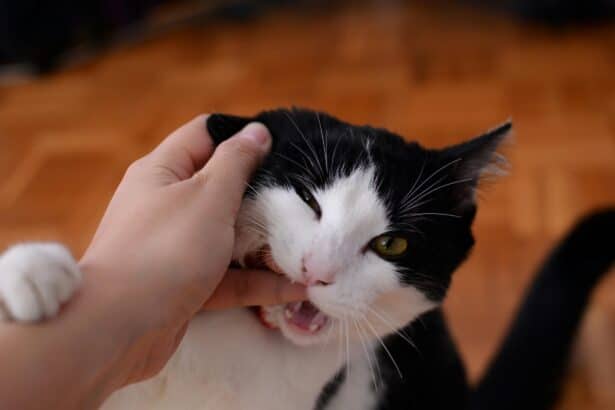Stress in cats: Cats are animals that we often think of as suffering from stress. And for good reason: how can you think your cat is under stress when he’s been snoozing all day?
In fact, cats can suffer from stress too, and this is far from exceptional. Situations such as travel, lack of hygiene or care, illness or trauma can cause stress or anxiety in cats, seriously jeopardizing their health and mental well-being.
But let’s face it, it’s not always easy to tell if your cat is stressed.
So to help you, we’re going to look at the symptoms of stress in cats, the causes, treatments and ways to prevent it.
What are the symptoms of stress in cats?
There are many situations that can cause a cat to feel stress or anxiety. However, most of them manage it quite well, and it only lasts a few days or hours.
But what happens when cats are more sensitive and can’t keep calm in the face of changes in their environment? In this case, they may develop a series of symptoms that will last until the situation improves.
The most common behavioral symptoms include :

- A change in character, he becomes more surly, elusive and even isolated.
- Aggressiveness
- Generalized anxiety
- Phobias and fears he didn’t have before
- Compulsive behaviors
- Ingestion of dangerous objects due to anxiety (usually clothing)
- Scratch marks everywhere
- Eating disorders such as anorexia and bulimia
- Poops outside the litter box
- Hyperactivity
- Excessive meowing and crying
Physical symptoms may also occur. Cats under stress develop diseases:
- Bronchial asthma
- Colitis
- Cystitis
- Alopecia
- Hypersensitivity
- Infections of all kinds
- Viral and autoimmune diseases
Why is my cat stressed?
As we explained at the beginning, there are many reasons for stress in cats.
This can be caused by :
- A move
- Visits to the vet
- Travel
- Changing furniture
- The arrival of a new family member
- The arrival of another pet at home
- Loud noises
- Etc…
Some cats can handle these situations very well, but not all.
Therefore, if you are aware that one of these situations is going to occur, you need to help your pet deal with it in the best possible way.
Treating stress in cats
- To treat stress in cats, it’s essential to know what causes it. The first thing to do is visit the vet to rule out the possibility that his condition is not due to stress, but to an illness.
- If your cat isn’t ill but stressed, you’ll need to determine the cause of this stress. As far as possible, this discomfort-causing stimulus should be eliminated or reduced as much as possible.
- Take care of your cat. Offer him a relaxed atmosphere and moments of affection and care: games, massages, caresses… make him feel part of the house, it will comfort him.
- If stress is making your cat hyperactive, help her channel all that energy into positive things: play and exercise. A daily routine of play can be very helpful.
- Take care of your pet’s diet. Make sure it’s adapted to his needs and always of the highest quality. Mental well-being begins with good health, and that means good nutrition. Artificial pheromone treatments are available in spray or drop form and can help your cat feel much better.
- If your cat’s condition doesn’t improve, or if you have any doubts, consult your vet. An ethologist or other calming treatments may be required.

How to prevent stress in cats
In general, the more care and attention you give your cat, the less likely it is to be stressed. Food and socialization are very important. Spend some time finding out what suits your cat best, what she likes to play with, spend some time together… And teach him how to interact with people and other cats.
If your cat has recently moved into your home, it’s normal for the change to cause some stress. This step is all the more important depending on your cat’s background. For example, if you’ve taken in a cat who’s been mistreated, he’ll be very stressed by nature. The same goes for a cat who has never lived in a house: it’s an unfamiliar environment and therefore a source of stress. Adapting to a new home can take some time, but with love and patience you’ll help him a lot.
Of course, you need to cover all his basic needs, not just his food. Remember the importance of having a bed to sleep on in a suitable place, a litter tray and toys to play with. Cats are strongly advised to have a scratching post, especially if they are prone to stress. If you don’t have it, your furniture will be affected!
In short, offer your cat an environment in which she feels loved, comfortable and safe. And be patient and understanding in the face of your tomcat’s stress.








